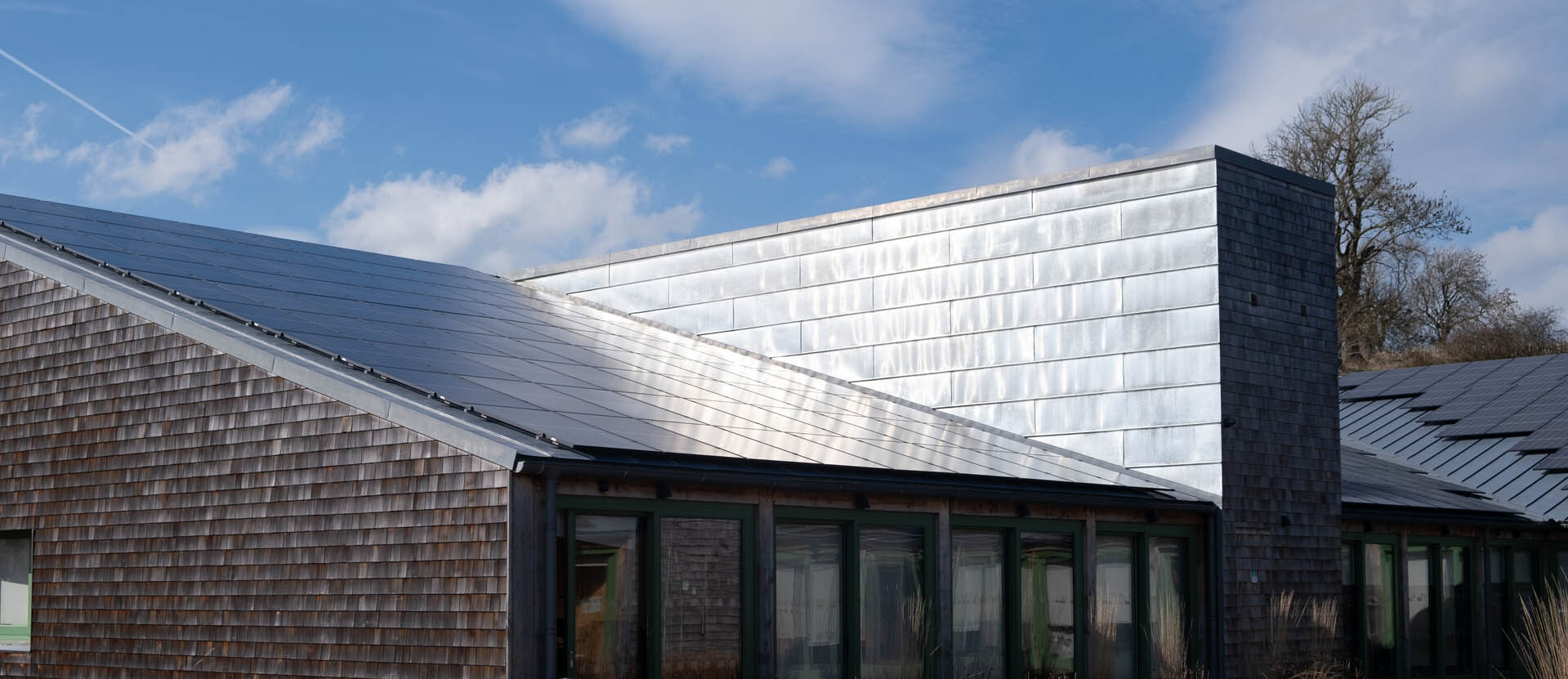Committed to taking meaningful action
As a business, we’re probably more aware than most of the impacts of land use change, habitat loss, soil and water degradation, and climate change. We recognise that we’re in a climate and ecological emergency and are committed to minimising the environmental impacts of our operations and activities.
Our Net Zero Route Map sets out the actions we’ll take to cut our emissions and meet our science-based emissions reduction targets.
Our goal is to reach Net Zero by 2040
At JBA sustainability is central to our values and we have taken important steps to reduce our environmental impacts. However, we recognise that we need to do more. That’s why we’ve set ourselves a new ambition, to become a ‘Net Zero’ emissions business. Watch this video to find out how we do this.
-
1) Cultivate a carbon conscious culture
We will provide new information, guidance, tools, and procedures to help staff embed low carbon thinking in their daily decision-making and will make low carbon a top priority for all our operations and business planning. We will actively promote carbon literacy and support staff to embed low carbon thinking in their day-to-day activities through new guidance, training, and knowledge sharing.
-
2) Powered by renewable energy
We will collaborate with our landlords to agree 100% renewable energy contracts for all of our offices. Several of our offices already benefit from renewable electricity. However, we need all of our offices to run on renewable energy – both electricity and gas.
-
3) Energy efficient offices
We will minimise our energy use, increase the energy efficiency of our office spaces, and seek opportunities to generate our own energy. We need to reduce the amount of energy we use, even as JBA continues to grow. We’ll investigate ways to make our office spaces more energy efficient and will prioritise energy efficiency in all our office refurbishments and relocations. We’ll also explore options to generate our own electricity, both at our offices and through investment in community renewable energy schemes.
-
4) Buy less and buy better
We will minimise what we buy and ensure that what we do buy is more sustainable, prioritising products with a low environmental and climate impact and products that meet circular economy principles, minimising waste and the use of raw materials, energy, and other resources.
-
5) Cut carbon from our supply chains
We will encourage and support our suppliers to set their own science-based emissions reduction targets and will prioritise suppliers who are committed to taking meaningful action to minimise their climate impacts. Emissions from subconsultants and contractors undertaking work on our behalf represent a very significant part of our carbon footprint.
-
6) Prioritise low carbon business services
We will choose business service providers – including insurance, financial, telecoms, IT equipment, and couriers – who have robust science-based emission reduction targets. We’ll make sustainability and low carbon a priority when choosing who we use to provide business services.
-
7) Zero waste offices
We will take steps to minimise the waste we produce, by buying less and buying better, and will recycle everything that remains so that we achieve zero waste to landfill at all of our offices. We will establish new initiatives to help us to cut down on the waste we generate and recycle everything else that remains.
-
8) Ultra-low emissions travel
We will put in place a range of new initiatives so that our land-based business travel is by public transport or ultra-low emissions vehicles and will take steps to further discourage air travel. We’ll roll out a range of new initiatives to help staff choose low carbon – ideally zero carbon – travel whenever they need to go out-and-about. We encourage staff to only travel when necessary.
-
9) Cut carbon from commuting and agile working
We will provide practical advice, guidance, and other support to help staff to reduce emissions from commuting and agile working. Proactively supporting staff to take steps to cut their emissions, enhancing our agile working practices, advising on ways to reduce home energy use, and using travel planning more to help with lower carbon commutes.
-
10) Deliver low carbon projects
We will further embed low carbon thinking in our projects, prioritising local delivery, promoting low carbon and circular economy design principles, and encouraging low carbon innovation. Not only will we cut the emissions we produce through our everyday working practices, we will also deliver projects that embed low carbon design principles at their core. Not only do we have a duty to support our clients’ net zero ambitions, creating designs that embrace natural and low carbon materials and circular economy principles, we will champion low carbon design because it makes JBA stronger, improves our resilience and our performance, and demonstrates our culture.
What have we achieved so far?
To deliver on our carbon cutting priorities, we have recently completed the installation of 520 solar panels at our Head Office in Skipton. This marks the initial phase of our efforts to transform our offices into energy-efficient spaces powered by renewable sources.
Covering an area of just over 1,000m2 of roof space, the solar panels will provide around 30% self sufficiency and are projected to generate 165,000 kWhs annually.
Solar energy plays a crucial role in mitigating our greenhouse gas emissions, and this installation is estimated to directly prevent nearly 80,000 kgs of CO2 emissions per year.
To track our energy generation in real-time, click here to access the SolarEdge portal.




